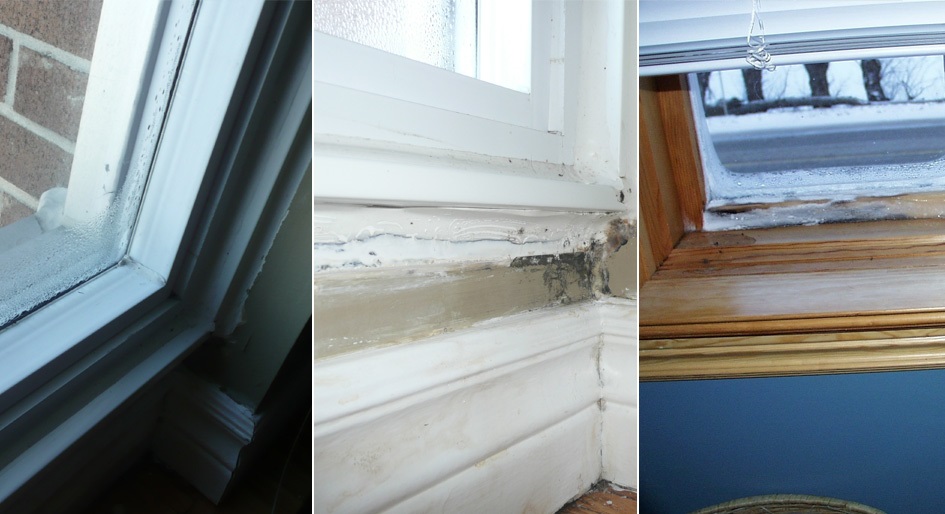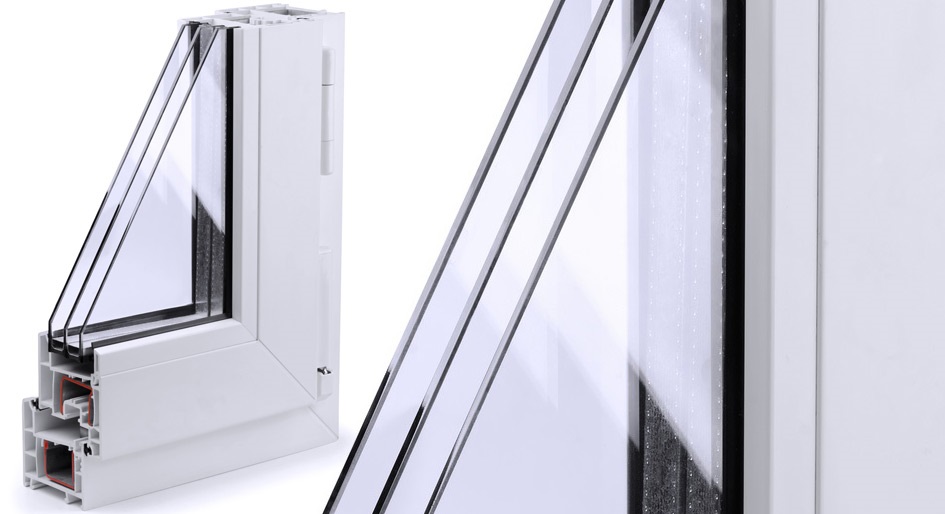Proposed changes to the Ontario Building Code in 2019 and 2022 will require the use of more energy efficient building products, such as windows, in an effort to meet tighter energy requirements laid out in the provincial government’s Climate Change Strategy.
As it stands, the industry norm is to use double-glazed windows of varying frame types, configurations and styles to meet current energy efficiency requirements along with other requirements for use and safety. However, double-glazed windows may not be able to meet these new efficiency requirements, paving the way for wider acceptance of triple-glazed windows.
Improving the efficiency of older buildings is an important consideration, and the tightening of building envelopes during renovation or retrofit work is generally viewed as a good thing from both an energy efficiency and financial perspective. In most cases, windows are the weakest link in terms of thermal efficiency of a wall assembly, which forms part of the building envelope. In both older mid- and high-rise residential buildings, such as condominiums, replacing conventional double-glazed “punch-style” windows with triple-glazed units can improve various aspects of the building envelope’s performance.
Triple-Glazed Benefits
Triple-glazed windows can improve resistance to heat-loss during colder temperatures in winter months and resistance to heat-gain during warmer temperatures in summer months. They can also reduce sound transmission and, most importantly, the common occurrence of condensation development on the interior glass surface when outdoor temperatures are colder.
Solid or opaque wall areas will typically have lower heat loss and heat gain characteristics than glazed areas where windows are located. This is mainly due to the materials that are used to construct various building components and assemblies where the thermal resistance characteristics of items, such as wall insulation, will be significantly higher than a glazed window unit.
However, overall energy efficiency can be significantly improved by adding additional panes of glass, along with treatments to the glass surfaces, such as a low-e coating (low thermal emissivity) and adding inert gases (argon or krypton, for example) to the spaces between the individual pieces of glass in a window assembly.
Depending on the manufacturer, materials used and other considerations, windows utilizing triple-glazing can improve their estimated energy rating from five per cent to 35 per cent over conventional low-efficient double-glazed windows, which would likely have been installed during the original construction of most residential buildings.
Consider Condensation
The development of condensation on the interior surface of a window when outside temperatures are colder can occur multiple times in residential suites during the heating season. The continuous presence of moisture can cause physical damage and deterioration to the materials directly below the glazed areas where condensation is occurring, especially if the materials are porous or prone to water damage.

Photo One: typical double-glazed, aluminum-framed window in condo high-rise suite, exhibiting condensation during cooler outside temperatures. Photo Two: resultant interior finish damage to on-going condensation formation on interior of window in condo high-rise suite. Photo Three: severe condensation and frost build-up on inner glass surface. Physical damage to wood-frame occurring.
Simple issues of finish deterioration, such as paint peeling, can be minor in nature compared to more complex and significant issues, such as structural damage to building assemblies and components and the development of mould.
Although mould and bacteria are present in the air we breathe every day, exposure to higher concentrations in enclosed spaces, like condominium suites or individual rooms, can cause health problems for individuals with a sensitivity to mould.
Determine the Source
Other factors contributing to or expanding the formation of condensation on the interior surfaces of windows include living habits, inadequate interior ventilation, changing the use of a space from its original design purpose and tightening the exterior building envelope during renovation work. Any of these individual items or a combination may already be causing a condensation problem on interior window surfaces or have increased the occurrences.
An investigation should always be performed to determine the source of the re-occurring condensation and if there are any other causative factors, such as water leaking through the exterior building envelope. This should be ruled out before time and money are spent on replacing or upgrading windows, which may not address the source of the problem.
If window replacement is being planned or considered in a building, upgrading to triple-glazed windows should be seriously considered to improve thermal comfort and indoor air quality, save energy and reduce costs. Long-term planning within a condominium’s reserve fund may allow for flexibility or provide additional options when the time comes for window replacement.
 John Losak, B.Tech. (Arch.Sc.), MAATO, CRP, BCQ, is principal of Kasol Building Sciences Ltd. He is formally trained in building science and has over twenty-seven years of experience in the building consulting industry, along with being a certified reserve fund planner and building code qualified.
John Losak, B.Tech. (Arch.Sc.), MAATO, CRP, BCQ, is principal of Kasol Building Sciences Ltd. He is formally trained in building science and has over twenty-seven years of experience in the building consulting industry, along with being a certified reserve fund planner and building code qualified.








